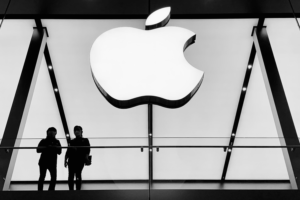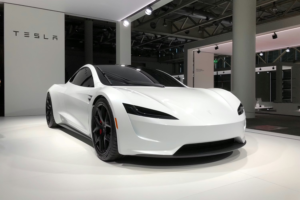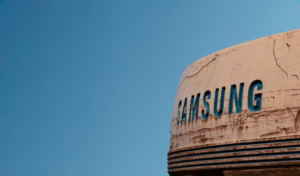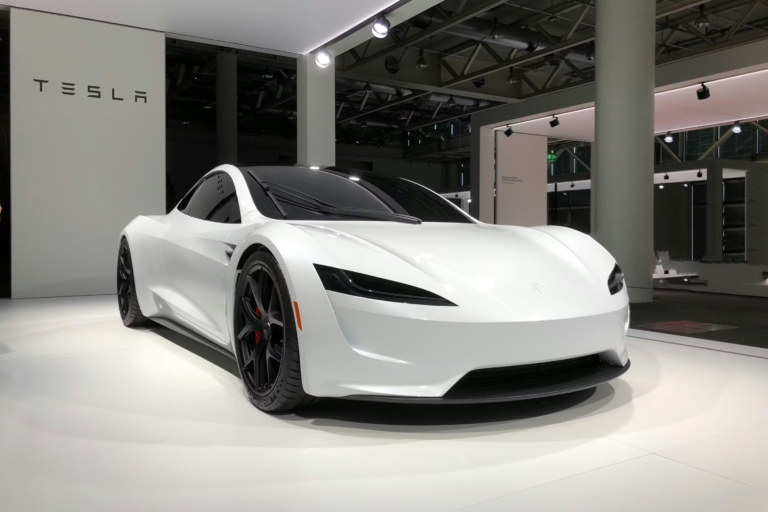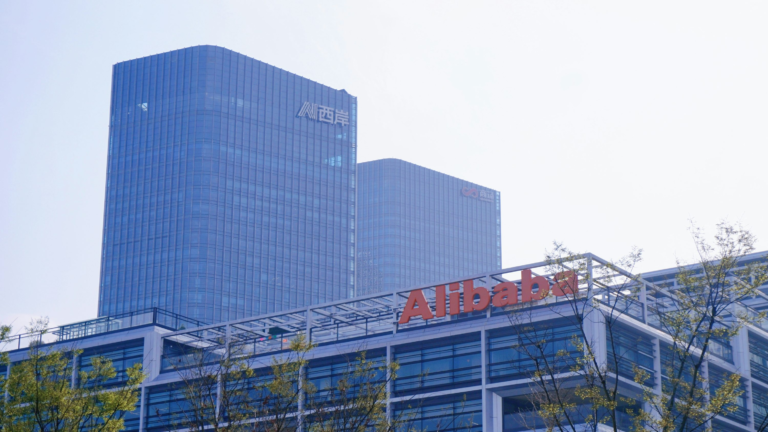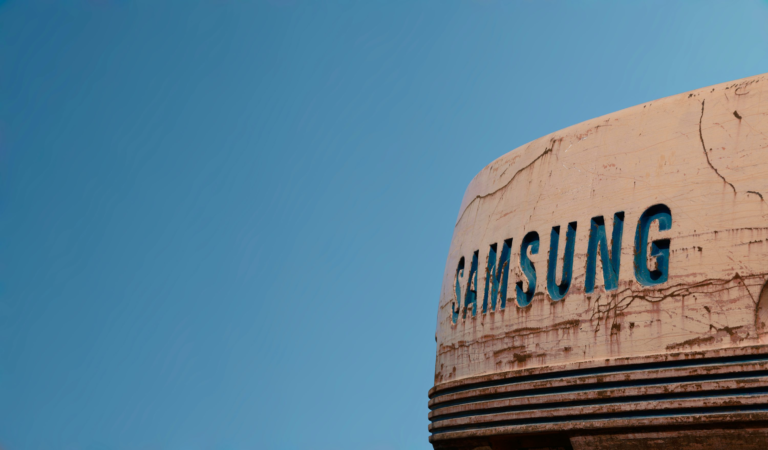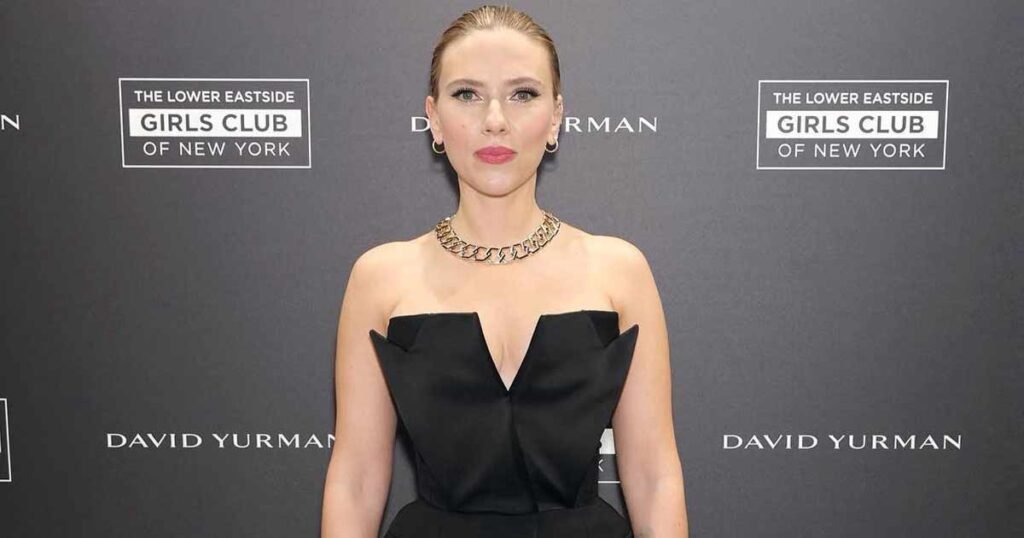
Scarlett Johansson, renowned for her role as “Black Widow,” has entered a legal battle against an AI image-generating app named Lisa AI: 90s Yearbook & Avatar. The app utilized Johansson’s voice and likeness in an advertisement posted on X, formerly Twitter, prompting the actor to take legal action, as reported by Variety.
Johansson’s attorney emphasized the gravity of the situation, stating, “We do not take these things lightly. Per our usual course of action in these circumstances, we will deal with it with all legal remedies that we will have.”
The ad, posted on October 28 but reportedly no longer available, featured footage of Johansson behind the scenes on “Black Widow.” In the clip, she says, “What’s up guys? It’s Scarlett, and I want you to come with me…” A graphic then covers her mouth, and AI-generated images resembling her appear on the screen. A voice, imitating Johansson, states, “It’s not limited to avatars only. You can also create images with texts and even your AI videos. I think you shouldn’t miss it.” The fine print beneath the ad clarified, “Images produced by Lisa AI. It has nothing to do with this person.”
Despite attempts to seek comments from representatives of Johansson and the Lisa AI: 90s Yearbook & Avatar app, Fox News Digital received no response.
AI expert Marva Bailer suggested that Johansson’s public disapproval might inadvertently boost the app’s popularity. Bailer commented, “There’s a lot of possibility that they don’t care if they get in trouble, and it’s worth it to get their name out there because everybody’s talking about this application right now.”
Bailer highlighted the misuse of the app, intended for users over 13 to create enjoyable content with photos and voices. She emphasized that using it for advertising purposes goes against its intended use.
Furthermore, Bailer noted potential repercussions on Johansson’s upcoming projects, with the false ad affecting her publicity cycle. The expert also raised concerns about the broader issue of content creation’s accessibility and the need for federal regulations in the U.S., considering varying state laws on the right of publicity and likeness.
In October, a proposed “No Fakes Act” was introduced as a discussion draft by a bipartisan group of senators, indicating a growing acknowledgment of the challenges posed by deepfakes and AI-generated content.

